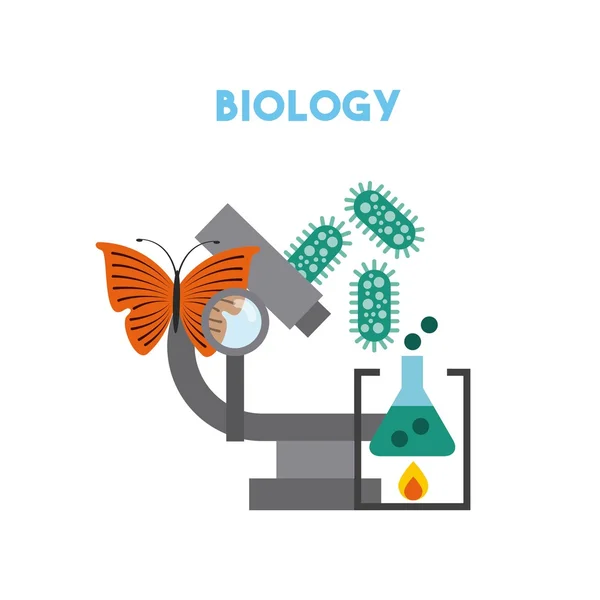
Introduction:
In recent years, the jewelry industry has witnessed a paradigm shift as consumers increasingly seek ethical and sustainable alternatives to traditional mined diamonds. Lab made diamonds, also known as synthetic or cultured diamonds, have emerged as a compelling option, offering ethical advantages that go beyond the concerns associated with conflict or blood diamonds. This article delves into the ethical dimensions of lab-made diamonds, exploring their production processes, environmental impact, and the positive influence they wield on the jewelry market.
The Conflict-Free Promise:
One of the primary ethical advantages of lab-made diamonds lies in their unequivocal status as conflict-free gems. Unlike mined diamonds, which have a long history of being associated with human rights abuses and funding conflicts in certain regions, lab-grown diamonds bypass these concerns entirely. These diamonds are cultivated in controlled environments, eliminating the possibility of contributing to violence or exploitation in diamond mining areas.
Environmental Stewardship:
Lab-made diamonds boast a significantly smaller environmental footprint compared to their mined counterparts. Traditional diamond mining is notorious for its ecological impact, including deforestation, habitat destruction, and the release of carbon emissions. In contrast, the production of lab-made diamonds requires fewer natural resources and generates less waste. These gems are …












